1936 WAS a year of monumental change, from the shocking abdication of King Edward VIII and the rise of television, to Jesse Owens defying Nazi propaganda in Berlin. It was a year that marked the rise of fascism in Europe and powerful cultural moments across the world. On the sporting front, U.S. team sports flourished, with a landmark World Series and Olympic basketball gold, while the Yankees and Giants fought for baseball dominance.
Read on for all the most defining 1936 historical events and browse and purchase our archive of 1936 newspapers to explore the stories as they were originally reported.
1936 Timeline
Turn the page to:
The Biggest Stories of 1936
January
January 1: Billboard Magazine releases its first music-centric issue.
January 5: U.S. ski tow opens in Woodstock, Vermont: the first of its kind.
January 6: Baseball Hall of Fame is founded in Cooperstown, New York.
January 15: The Flint Sit-Down Strike begins at General Motors.
January 20: King George V dies; Edward VIII becomes King.
January 21: King George V's funeral held at Windsor.

King George V. Image: Wikimedia
January 25: The 1936 Winter Olympics begin in Garmisch-Partenkirchen, Germany.
January 27: MLB announces All-Star Game will be held at Braves Field, Boston.
January 28: Babe Ruth, Ty Cobb, and Honus Wagner are inducted into the Baseball Hall of Fame.
January 30: Adolf Hitler outlines Germany’s military ambitions before the Reichstag.
February
February 1: NIT basketball tournament in planning; college basketball’s popularity surges.
February 4: British researchers announce promising cancer trials using Radium E.
February 6: Winter Olympics end; Germany tops the medal count.
February 9: St. Louis Eagles of the NHL disbands due to financial hardship.
February 10: Keynes publishes The General Theory of Employment, Interest and Money.
February 12: Chaplin’s Modern Times premieres in NYC.

Charlie Chaplin in "Modern Times" poster. Image: Wikimedia
February 14: Hank Luisetti revolutionizes basketball with a one-handed shot.
February 20: Hitler warns of racial enemies during a speech to the Reichstag.
February 22: Spain’s Popular Front wins national elections.
February 26: The “February 26 Incident” coup attempt in Japan fails.
February 28: Lou Gehrig signs a $30,000 contract with the Yankees.
Shop our book on The History of The New York Yankees to learn more through newspaper headlines ...

March
March 1: Construction begins on the powerhouse of the Hoover Dam, marking the final phase of one of America’s greatest engineering feats.
March 2: Joe Louis defeats Charley Retzlaff in a heavyweight match.
March 4: Clement Attlee becomes leader of the Labour Party in Britain, a milestone that will later see him lead the country through post-war transformation.
March 6: NHL announces intent to expand into the U.S. Midwest.
March 7: Nazi Germany reoccupies the Rhineland in defiance of the Treaty of Versailles, drawing only diplomatic protests from Britain and France.
March 9: Hitler visits the Rhineland as a propaganda victory.
March 14: Violence escalates across Spain as tensions between Nationalists and Republicans push the country closer to civil war.
March 18: The Messerschmitt Bf 109 takes its first test flight.
March 20: MLB Spring Training begins in Florida and Arizona.
March 23: Laurel and Hardy’s The Bohemian Girl premieres.
March 30: Yale defeats Columbia in the Eastern Intercollegiate Basketball League.
April
April 1: London holds the annual “Oranges and Lemons” bell-ringing ceremony at St Clement Danes Church, celebrating centuries of tradition.
April 3: Bruno Hauptmann is executed for the Lindbergh baby murder.
April 4: Red Sox vs. Yankees exhibition kicks off the MLB season.
April 6: A series of tornadoes strike the southern United States, killing hundreds and devastating towns across several states.
April 9: Ethiopia appeals to the League of Nations for intervention as Italian troops continue to advance.
April 11: The BBC airs its first televised gardening programme, expanding its early lineup of experimental broadcasts.
April 14: Dodgers open at Ebbets Field in Brooklyn.
April 17: George Formby becomes one of the first British celebrities to appear on television via the BBC.
April 20: Giants open 1936 season with win over Phillies.
April 25: King Edward VIII is seen vacationing with Wallis Simpson in the Adriatic, increasing speculation about the future of the monarchy.
April 27: The Irish Free State passes government reform measures.
May
May 1: May Day rallies fill European and American streets.
May 5: Italy captures Addis Ababa.
May 6: Cubs beat Cardinals 8–2 to top National League standings.
May 9: Italy formally annexes Ethiopia, drawing criticism from other League of Nations members.
May 10: NBC begins experimental TV broadcasts.
May 12: First Spitfire test flight takes place in Hampshire, England.
May 14: King Edward VIII delivers the State Opening of Parliament, his first and only time performing this constitutional duty.
May 17: Cleveland Indians play first night game at Municipal Stadium.
May 19: RMS Queen Mary is handed to Cunard Line.
May 22: Helena Bonham Carter is born in London.
May 27: Queen Mary begins maiden voyage to New York.
May 30: Yankees defeat Red Sox in major rivalry matchup.
June
June 1: British engineer Alan Blumlein files a patent for stereo sound recording, a major advancement in audio technology.
June 3: Boston Red Sox play first local televised baseball game.
June 4: The BBC airs live tennis from Wimbledon, the world’s first televised sporting event.
Shop our book on the History of Wimbledon Tennis to learn more through newspaper headlines!

June 7: India adopts revised criminal code under British administration.
June 9: Jesse Owens sets three world records at the Big Ten Championships.
June 16: FCC is formed to regulate U.S. broadcasting.
June 18: The British government reiterates its non-intervention stance regarding the Spanish Civil War.
June 22: Joe Louis loses to Max Schmeling in shock upset.
June 25: Gone with the Wind is published.
June 30: Babe Ruth visits Cooperstown, New York, to celebrate the early development of the Baseball Hall of Fame.
July
July 1: MLB announces its All-Star Game rosters, featuring baseball legends Lou Gehrig and Dizzy Dean. The selections highlight the growing prestige of the Midsummer Classic in just its fourth year.
July 4: Rising star Joe DiMaggio of the New York Yankees hits the first home run of his major league career, signalling the start of what would become one of baseball’s most iconic legacies.
July 6: The St. Louis Cardinals notch their 10th consecutive win, surging to the top of the National League in one of the most competitive summers in baseball.
July 10: Pitcher Bobo Newsom is suspended after physically assaulting an umpire during a heated game, drawing national attention to the league’s enforcement of sportsmanship.
July 14: In Paris, tens of thousands take to the streets in mass anti-fascist demonstrations, reflecting widespread concern over the rise of authoritarian regimes across Europe.
July 17: Military forces led by General Francisco Franco stage a rebellion in Spanish Morocco, igniting the Spanish Civil War — a brutal conflict that will claim hundreds of thousands of lives.
July 19: The Cleveland Indians trade veteran pitcher Mel Harder to the Yankees in a mid-season move that reflects both clubs’ shifting strategies during a tightly contested season.
July 22: In the House of Lords, British politicians hold a significant debate addressing the alarming rise of fascist ideologies across Europe, including Germany, Italy, and Spain.
July 25: The United States extends its Neutrality Act to cover the Spanish Civil War, further entrenching its non-interventionist foreign policy during the interwar period.
July 26: King Edward VIII embarks on a Mediterranean cruise with Wallis Simpson, fuelling public and press speculation over the relationship that would soon lead to a constitutional crisis.
July 28: Things to Come, a science fiction film based on a novel by H.G. Wells, premieres in Britain. The film presents a dystopian vision of future warfare and technological rebirth.
July 31: American track and field athlete Jesse Owens arrives in Berlin to compete in the Olympic Games, where he would go on to defy both sporting odds and Nazi ideology.
August
August 1: The Summer Olympics officially open in Berlin, with Adolf Hitler presiding over a highly choreographed spectacle designed to showcase Nazi Germany on the world stage.
August 2: Jesse Owens stuns international audiences by winning the 100-metre sprint, claiming the first of his four gold medals and challenging the Nazi narrative of racial superiority.

Jesse Owens. Image: Wikimedia
August 3: The Detroit Tigers sweep a doubleheader against the Washington Senators, strengthening their run in the American League standings during a tight pennant race.
August 4: The United States government issues a formal statement confirming its policy of neutrality in the Spanish Civil War, reflecting the country’s broader isolationist stance during the 1930s.
August 5: In a historic long jump showdown, Jesse Owens defeats German athlete Luz Long, who sportsmanlike advises Owens during qualifying — creating a powerful image of mutual respect amid political tension.
August 6: The New York Yankees sweep the Boston Red Sox at Fenway Park, further cementing their dominance in a season that would end in a World Series appearance.
August 8: Owens wins gold in the 200-metre sprint, adding another world-class performance to his Olympic legacy.
August 9: The United States basketball team secures the sport’s first Olympic gold medal, defeating Canada in the final and establishing the U.S. as a future powerhouse in international basketball.
August 11: The BBC begins the world’s first regular public high-definition television broadcasts from Alexandra Palace in London, marking a milestone in broadcasting history.
August 15: Adolf Hitler reportedly avoids acknowledging Jesse Owens’ Olympic victories, further highlighting the ideological dissonance between Nazi propaganda and athletic reality.
August 22: The annual Negro League All-Star Game takes place at Chicago’s Comiskey Park, drawing tens of thousands of fans and spotlighting some of the era’s most talented Black baseball players.
August 26: The Anglo-Egyptian Treaty is signed, granting Egypt formal independence while allowing British military presence to continue, a compromise that shapes British-Egyptian relations for years to come.
September
September 1: The U.S. Open tennis championship begins in New York City, drawing international talent and large crowds to Forest Hills for one of the year’s most prestigious sporting events.
September 2: British Prime Minister Stanley Baldwin reiterates the UK’s policy of non-intervention in the Spanish Civil War, despite mounting violence and political pressure at home and abroad.
September 4: A tragic cable car accident in Rio de Janeiro results in numerous fatalities and injuries, shocking Brazil and prompting increased safety scrutiny across South America.
September 6: The Brooklyn Dodgers close their regular season at the bottom of the National League standings, continuing a tough decade for the club.
September 7: One of America’s greatest engineering feats is officially renamed Hoover Dam, honouring former President Herbert Hoover for his role in its construction planning.
September 10: The 1936 NFL season kicks off with the Boston Redskins defeating the Philadelphia Eagles, setting the stage for a competitive season in the still-growing league.
September 15: The BBC announces a major expansion of its new television service, including additional broadcast hours and broader programming ambitions.
September 19: The third Women’s International Games are held in Prague, Czechslovakia, showcasing female athletes from across the globe in a precursor to Olympic-level competition.
September 22: Baseball legend Babe Ruth is honoured during a ceremony at Yankee Stadium, celebrating his lasting legacy just two years after his final major league game.
September 25: Lou Gehrig plays his 1,500th consecutive game for the New York Yankees, solidifying his reputation as one of the most durable and reliable players in baseball history.
September 28: George Orwell publishes Keep the Aspidistra Flying, a biting social novel critiquing the obsession with money and middle-class respectability in 1930s Britain.
 George Orwell. Image: Wikimedia
George Orwell. Image: Wikimedia
October
October 1: Prime Minister Stanley Baldwin meets privately with Edward VIII to address growing concerns over the King’s relationship with Wallis Simpson. Political and public pressure mounts amid fears of a constitutional crisis.
October 3: The BBC televises trials for the Oxford-Cambridge boat race, marking one of the earliest uses of television for live sporting coverage in the UK.
October 5: The Royal Air Force formally places orders for mass production of the Supermarine Spitfire, signalling preparations for potential conflict in Europe.
October 6: The Jarrow March begins as 200 unemployed men set off from northeast England to London to petition for economic relief. The peaceful protest draws nationwide attention to industrial decline.
October 8: Lou Gehrig is awarded the American League Most Valuable Player title after a standout season with the New York Yankees.
October 11: The New York Yankees defeat the New York Giants to win the World Series in six games. The championship further cements the Yankees’ dominance in baseball.
October 14: College football gains increased press coverage across American newspapers and radio, reflecting its growing role in national sports culture.
October 17: Tens of thousands rally in London in coordinated anti-fascist demonstrations, opposing the British Union of Fascists and rising right-wing extremism.
October 22: Renowned British composer Edward Elgar conducts his final public concert at the Empire Theatre in London. The event is considered a poignant farewell by one of the country’s greatest musical figures.
October 25: Adolf Hitler and Benito Mussolini sign a formal agreement of cooperation between Germany and Italy, which Mussolini dubs the “Rome-Berlin Axis.”
October 30: Wallis Simpson files for divorce from her second husband, Ernest Simpson. The move escalates the royal crisis as newspapers around the world speculate on a possible royal marriage.
November
November 1: The RMS Queen Mary shatters the westbound transatlantic speed record, completing her voyage from Southampton to New York in 4 days and 27 minutes.
November 3: U.S. President Franklin D. Roosevelt is re-elected in a landslide, defeating Republican Alf Landon and securing 523 electoral votes. This reflects widespread public support for New Deal policies.
November 6: The BBC begins regular public television service, making the UK the first country to offer a consistent high-definition TV schedule.
November 10: Following their World Series triumph, the New York Yankees begin informal offseason training sessions in Florida in preparation for the 1937 season.
November 16: Life Magazine is relaunched as a weekly photojournalism publication by Henry Luce. Its inaugural issue features Margaret Bourke-White’s image of the Fort Peck Dam on the cover.
November 18: The U.S. National Basketball League is founded in Chicago. It serves as a precursor to the modern NBA and helps establish professional basketball in the Midwest.
November 20: The Jarrow Marchers, who walked 300 miles from northeast England, deliver their petition to Parliament. They call for jobs and economic relief, but the government remains unmoved.
November 24: A devastating fire engulfs London’s Crystal Palace, reducing the iconic Victorian-era structure to ruins. This marks the end of its legacy as a site for public exhibitions.
November 30: The British Parliament opens formal debate on the King’s relationship with Wallis Simpson, as political and constitutional pressure mounts over Edward VIII’s future.
December
December 1: The Times publishes an editorial urging King Edward VIII to put duty before personal desire and reconsider his intention to marry Wallis Simpson.
December 3: Filming begins on Shall We Dance, the seventh musical pairing of Fred Astaire and Ginger Rogers. The film will feature music by George Gershwin.
December 10: King Edward VIII formally signs the instrument of abdication, ending his 326-day reign. He becomes the only British monarch to voluntarily relinquish the throne.
December 11: His brother ascends the throne as George VI, beginning a reign that will guide Britain through World War II and lay the foundation of the modern monarchy.
December 11: In a radio address broadcast around the world, Edward VIII delivers his abdication speech. He famously says: “I have found it impossible to carry the heavy burden of responsibility without the help and support of the woman I love.”
December 13: The New York Giants defeat the Green Bay Packers 23 – 17 to win the NFL Championship, in front of 29,000 fans at the Polo Grounds.
December 15: Wallis Simpson departs Britain for France under intense press scrutiny. She awaits the finalisation of her divorce and the King's exile.
December 18: Parliament passes the necessary legislation to formally accept Edward’s abdication. This confirms the beginning of George VI’s reign.
 King George VI. Image: Wikimedia
King George VI. Image: Wikimedia
December 24: The BBC airs its first televised Christmas Eve special, featuring carols and seasonal messages. British broadcasting continues to evolve with this festive milestone.
December 25: King George VI delivers his first Royal Christmas Message by radio. He seeks to reassure the nation during a time of uncertainty and transition.
December 31: Edward VIII departs for Austria to begin his life in exile. Now titled the Duke of Windsor, he is separated from both the throne and his country.
The Biggest Stories of 1936
The Abdication Crisis of Edward VIII
THE abdication of King Edward VIII in December 1936 marked one of the most significant constitutional upheavals in modern British history. After ascending the throne in January following the death of his father, George V, Edward’s reign quickly became mired in controversy due to his relationship with Wallis Simpson, an American socialite who had already been divorced once and was in the process of divorcing her second husband.
The proposed marriage was deemed unacceptable by both the Church of England and the British government, given the King's role as Supreme Governor of the Church and the widespread belief that a monarch marrying a divorcé would compromise the integrity of the Crown. Under mounting political and public pressure, Edward chose to abdicate after less than a year on the throne. He signed the instrument of abdication on December 10, 1936, and was succeeded by his younger brother, who became King George VI.
Following his abdication, Edward was granted the title Duke of Windsor and spent most of his life in voluntary exile, primarily in France. His decision profoundly reshaped the royal line of succession and paved the way for the reign of George VI and, later, Queen Elizabeth II.
Jesse Owens at the Berlin Olympics
THE 1936 Olympic Games, held in Berlin under Adolf Hitler's Nazi regime, were designed as a platform to promote the ideals of Aryan racial superiority to a global audience. Instead, they became the stage for one of the most powerful and enduring acts of athletic defiance in modern history.
Jesse Owens, an African American track and field athlete from the United States, delivered a remarkable performance by winning four gold medals: in the 100 metres, 200 metres, long jump, and 4x100 metre relay. His athletic dominance directly undermined Nazi propaganda and drew international admiration.
One of the most iconic moments of the Games came during the long jump competition, where Owens formed an unexpected and respectful friendship with German competitor Luz Long. Long gave Owens technical advice and later publicly congratulated him after his victory, an extraordinary act of sportsmanship given the political context. Owens’ achievements challenged deeply entrenched ideas of racial hierarchy and established him as a global sporting legend.

Berlin Olympics 1936. Image: Wikimedia
The Launch of Public Television
IN AUGUST 1936, the British Broadcasting Corporation (BBC) inaugurated the world’s first regular high-definition public television service, broadcasting from Alexandra Palace in North London. Though the audience was small, limited to those who owned one of the very early television receivers, this marked a groundbreaking moment in media history.
The schedule featured twice-daily broadcasts, including variety entertainment, music performances, news reports, and live sporting events. This early venture into television broadcasting represented a significant leap forward in both technology and public communication, establishing the BBC as a pioneer in the medium.
While the service was suspended during the Second World War and television did not become widespread until the late 1940s and 1950s, the 1936 launch laid the foundation for television as a mass medium. It signalled the beginning of a new era in entertainment, education, and information delivery — one that would shape modern society across the world.
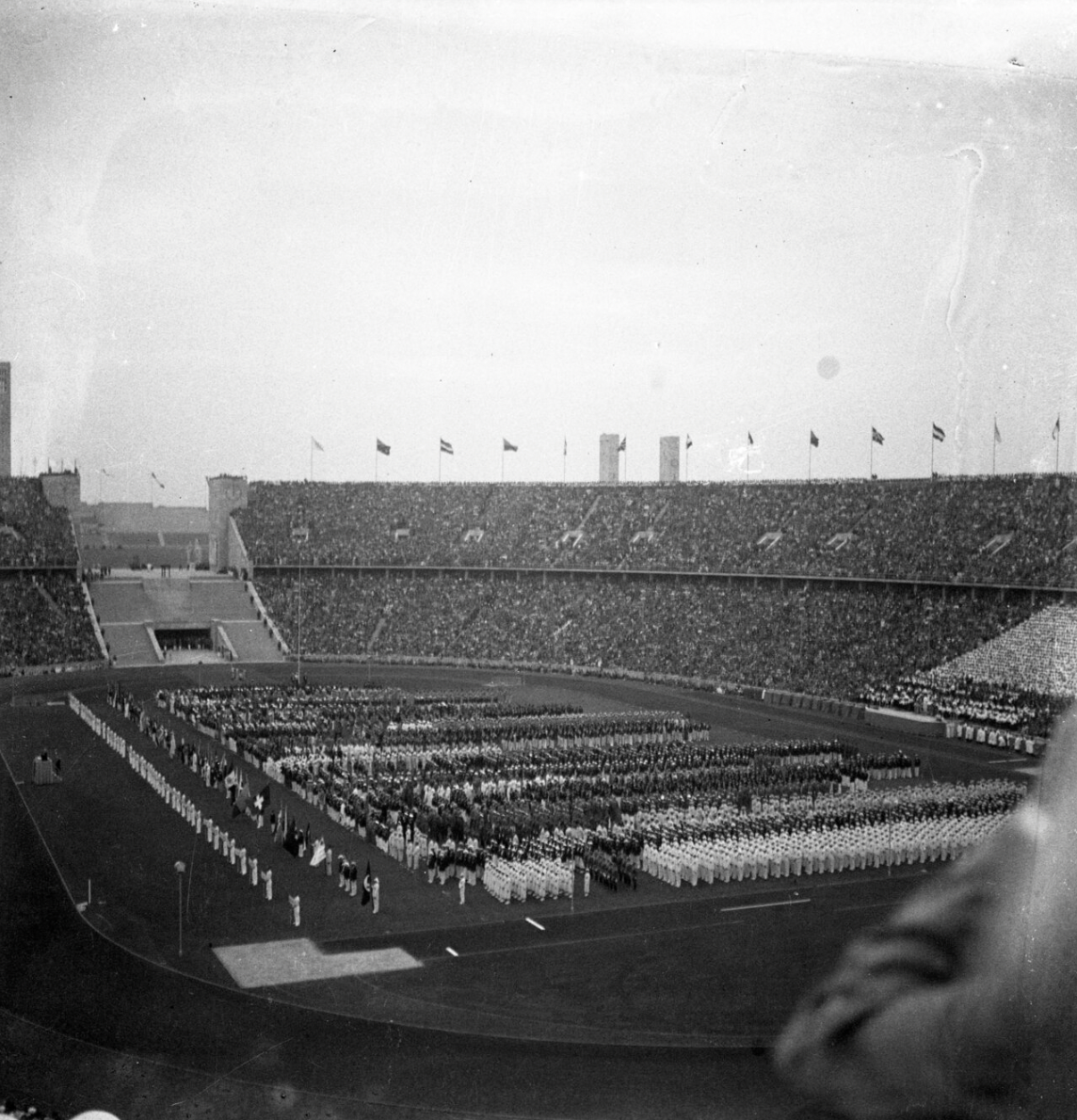


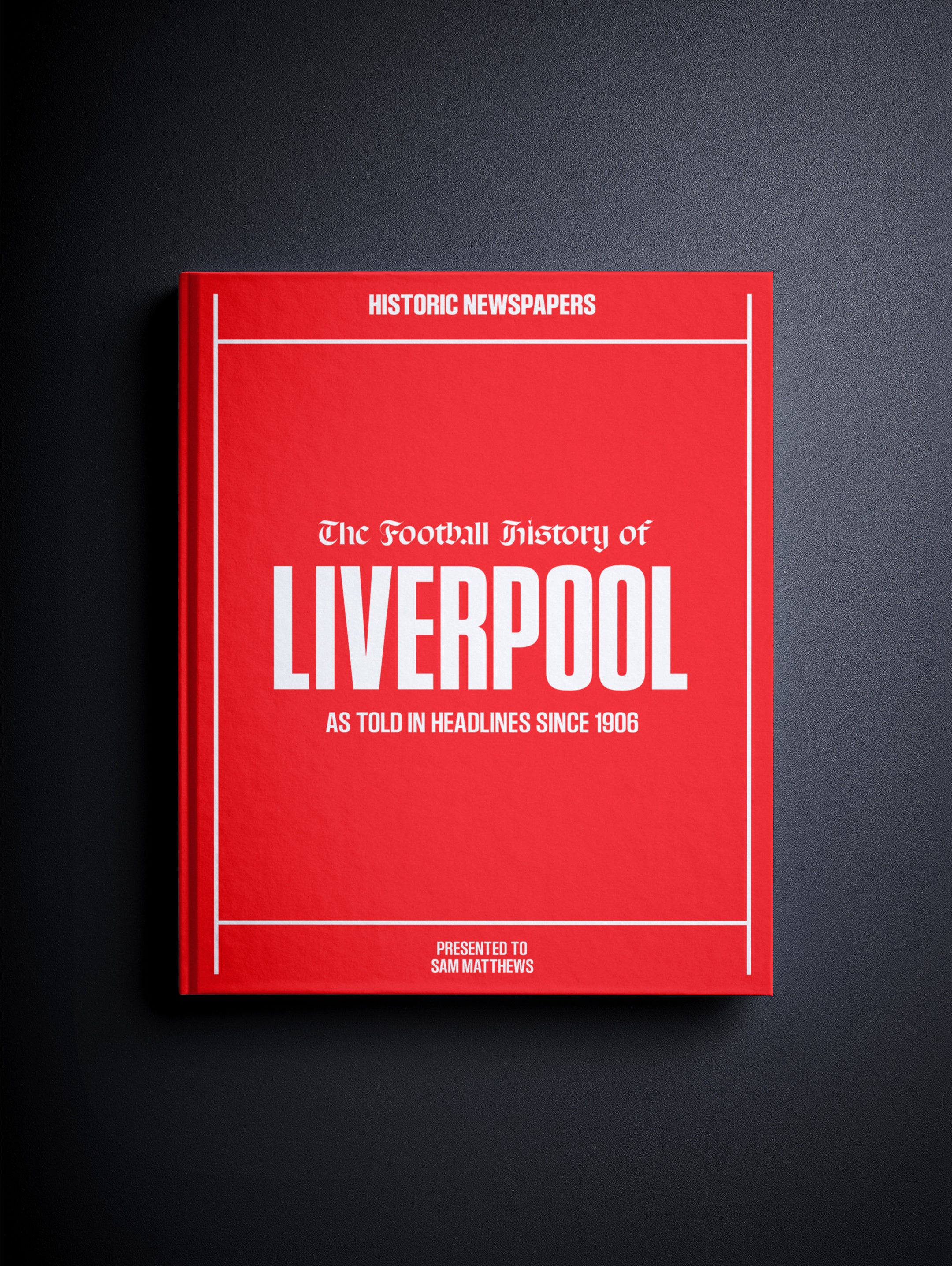
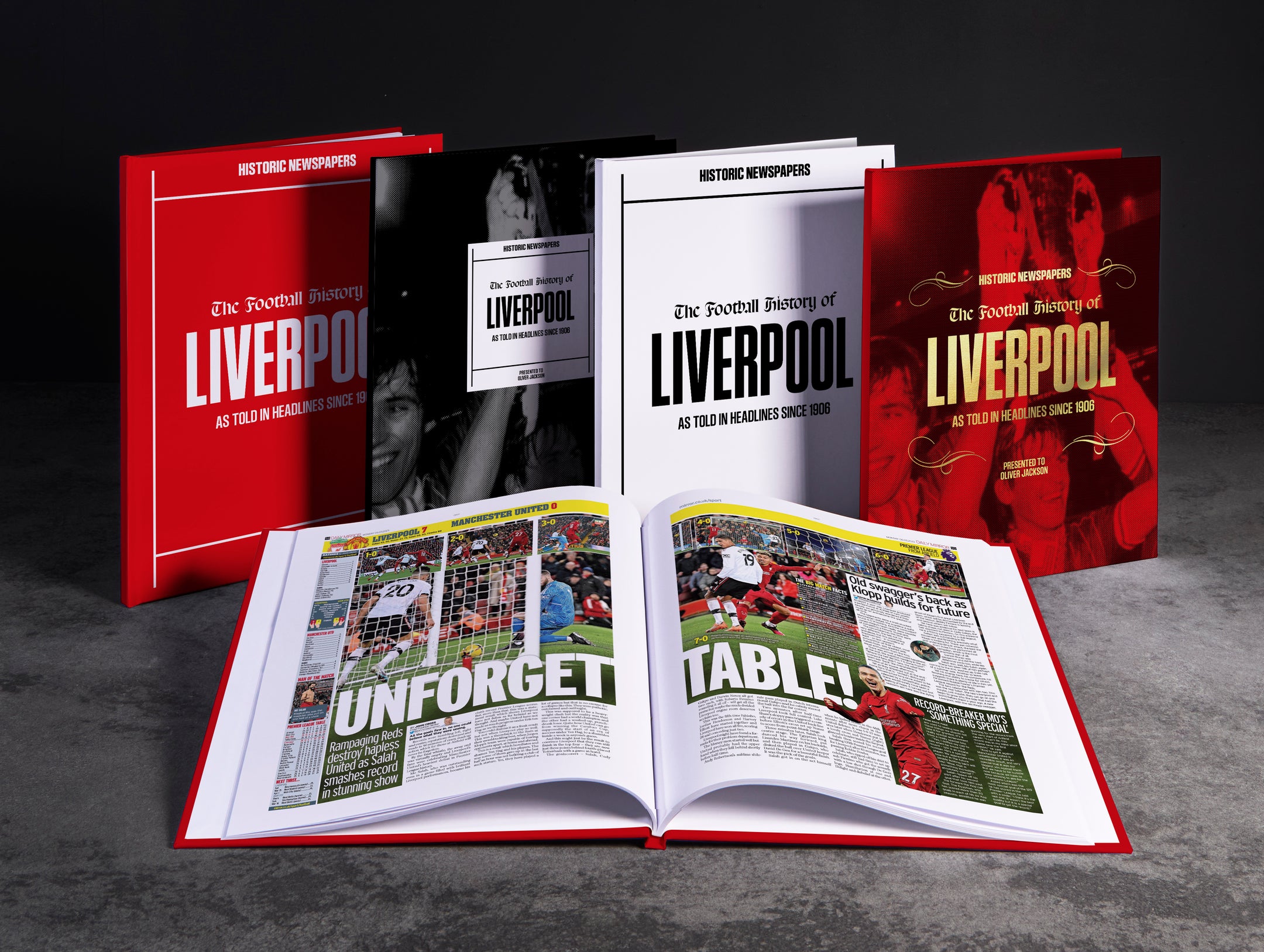


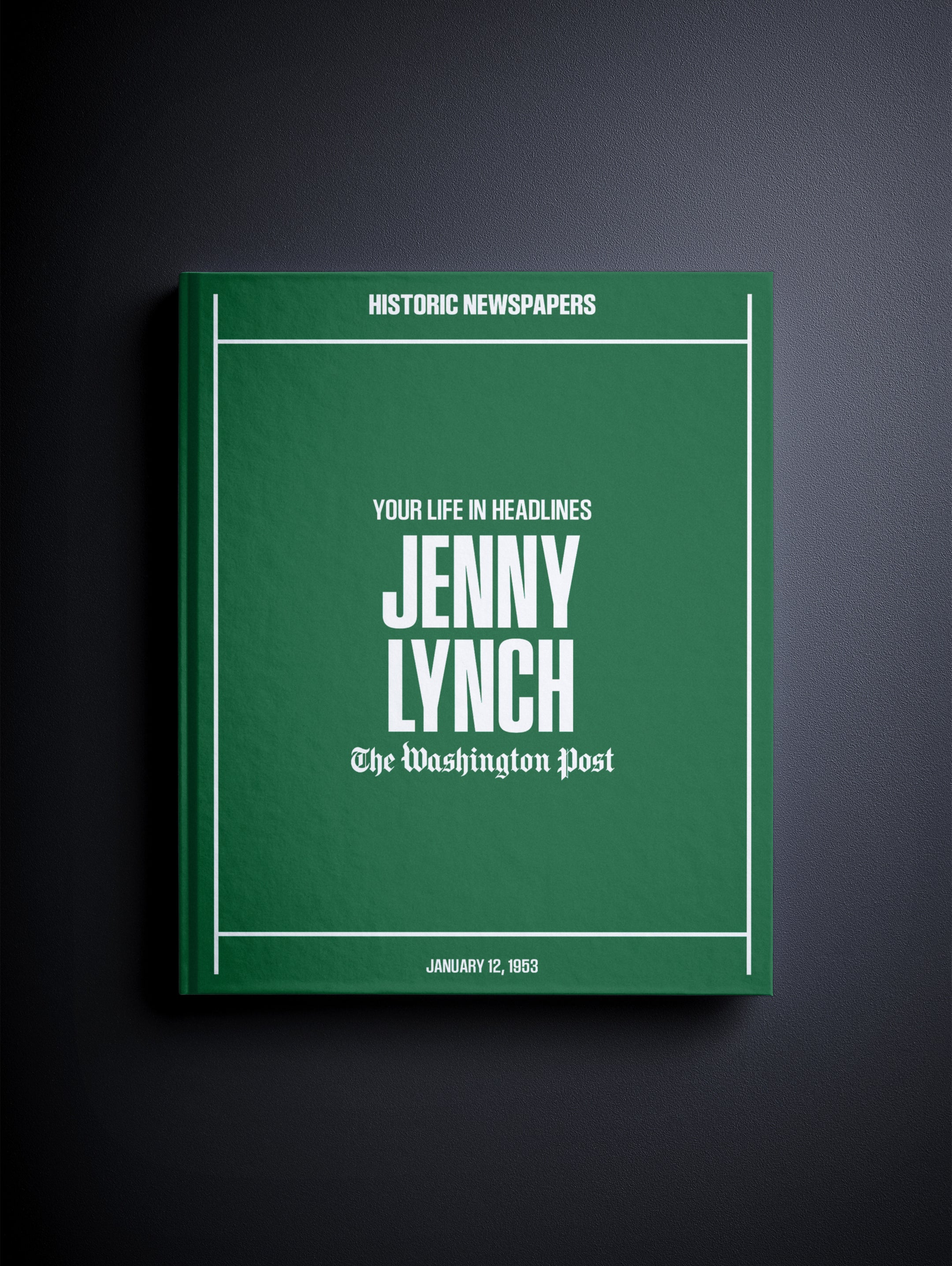
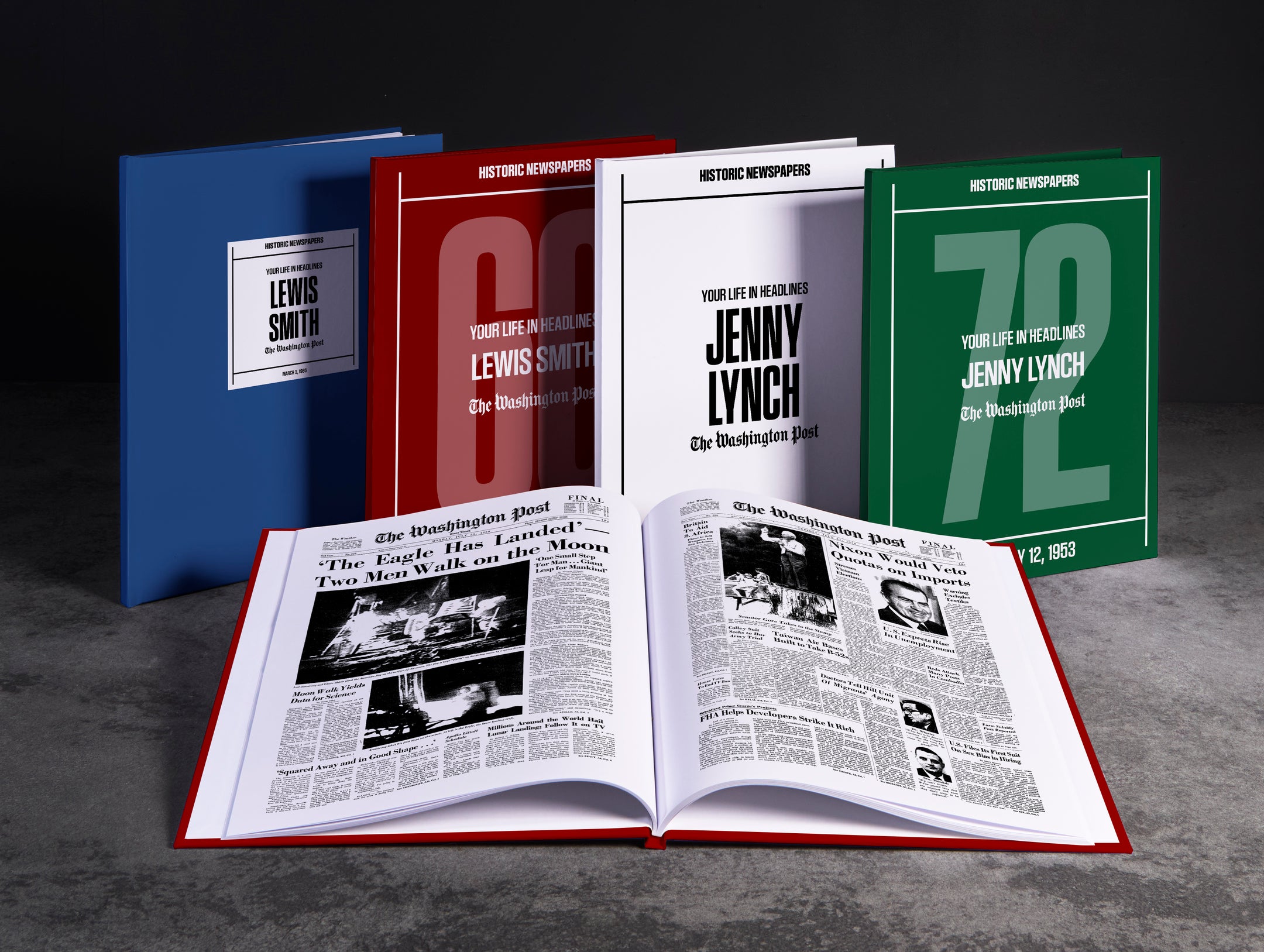
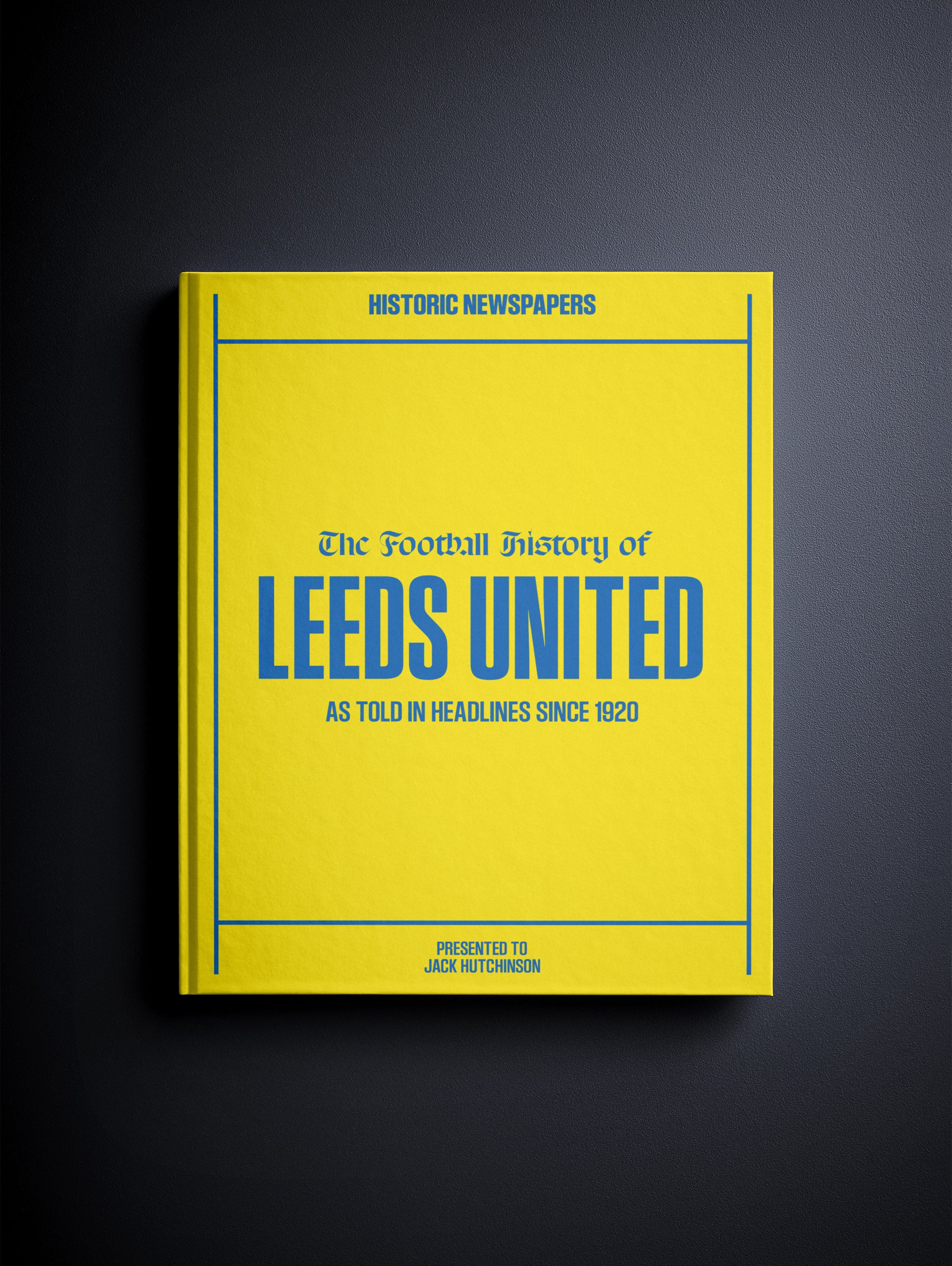
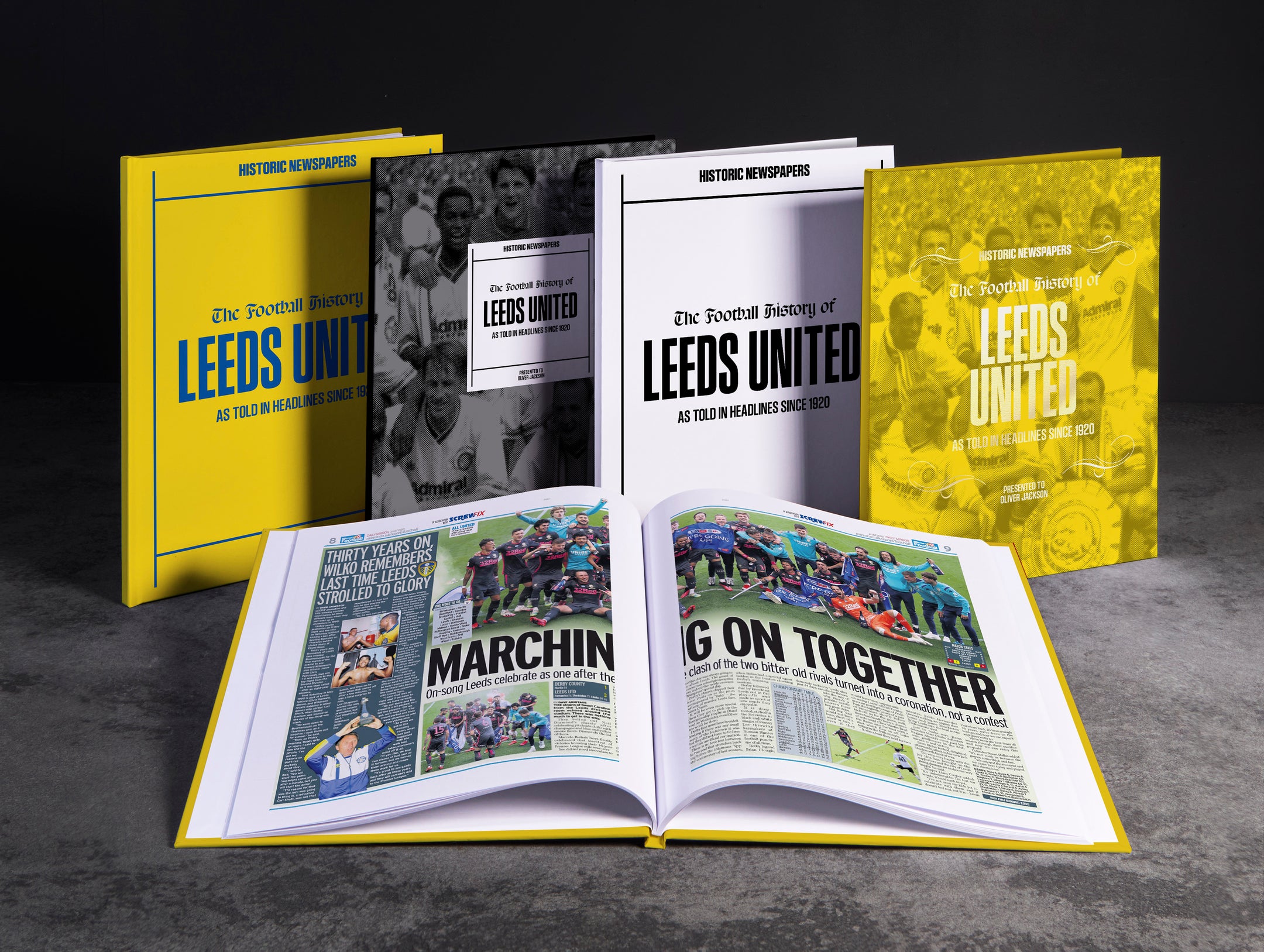


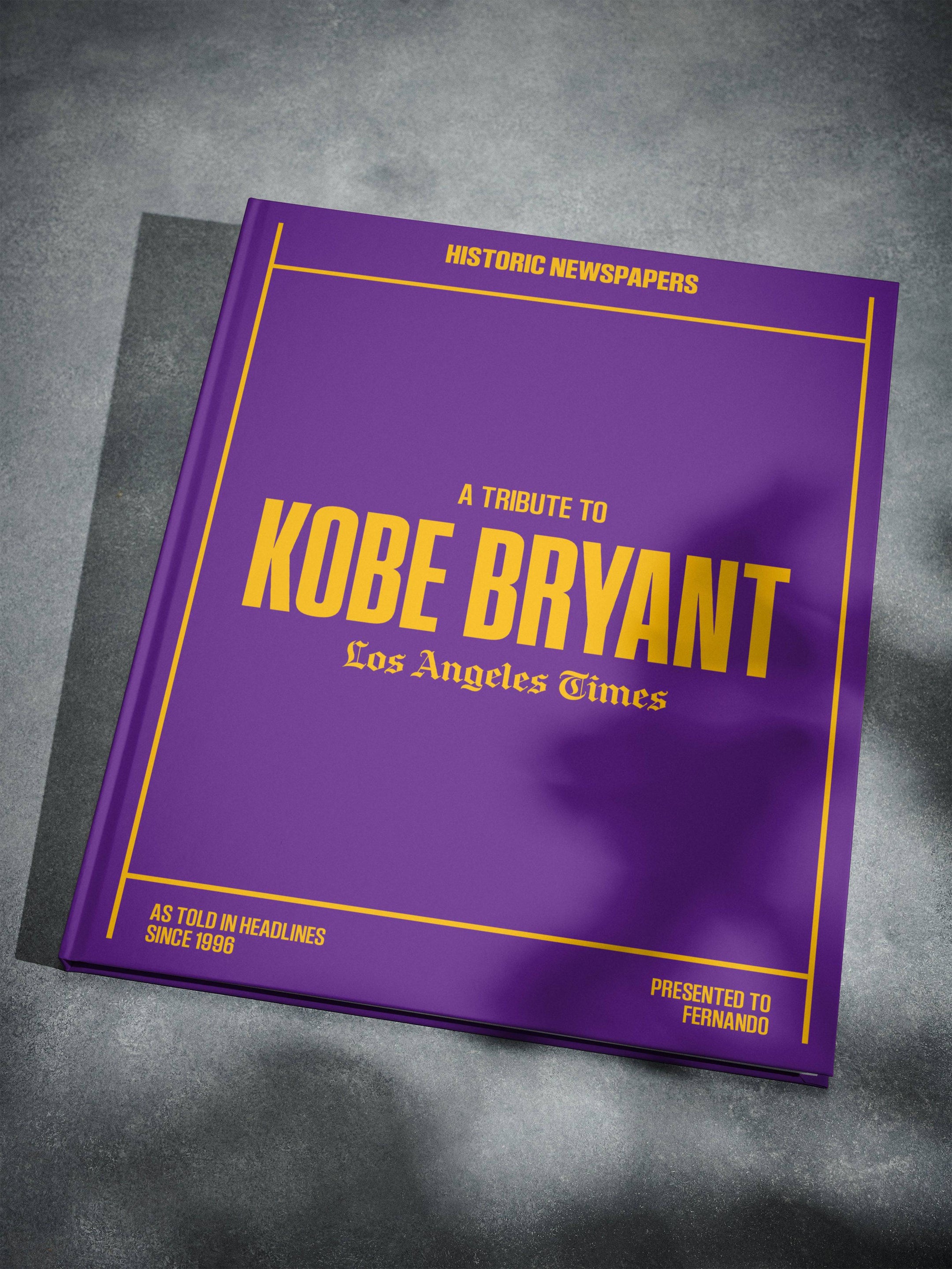
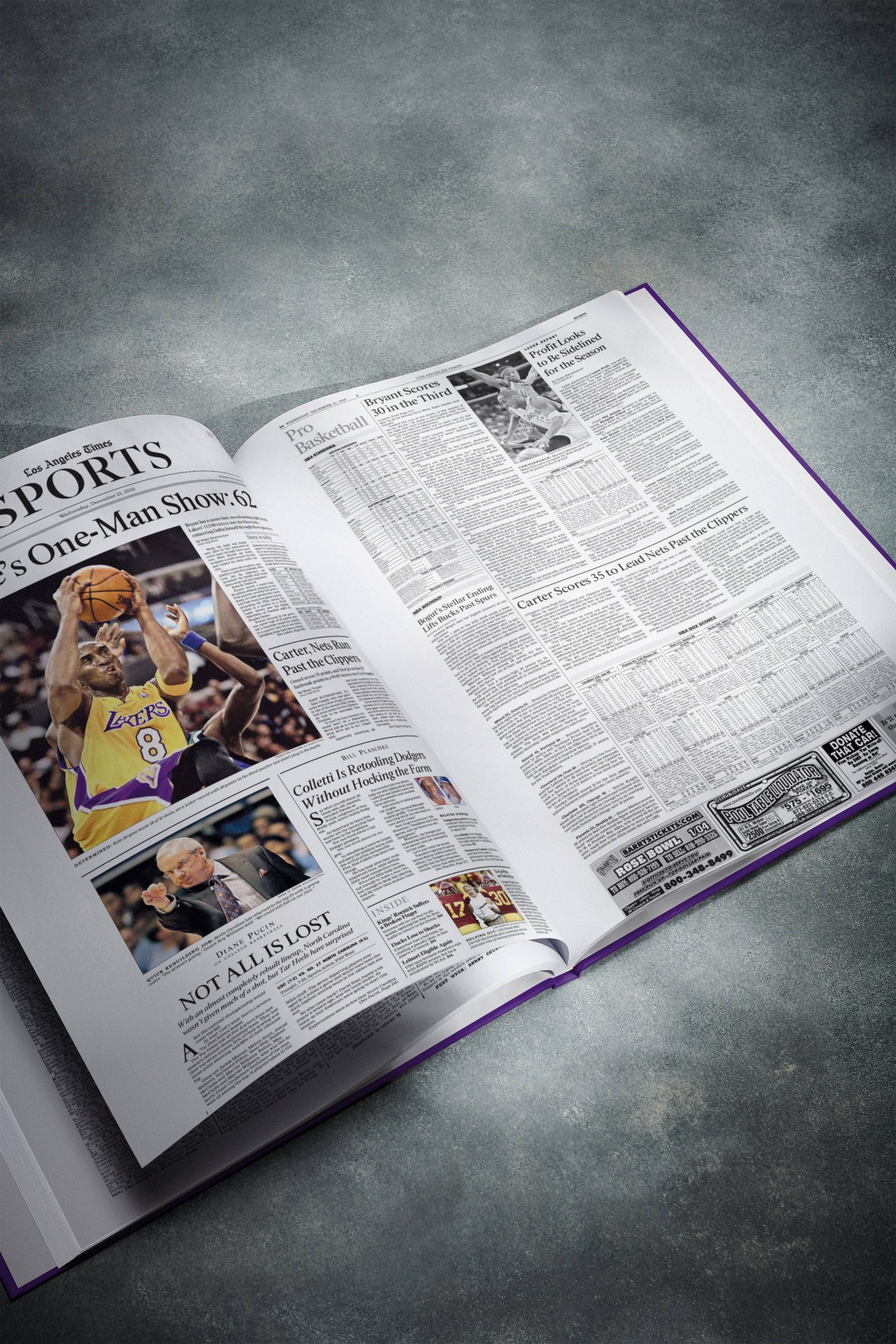
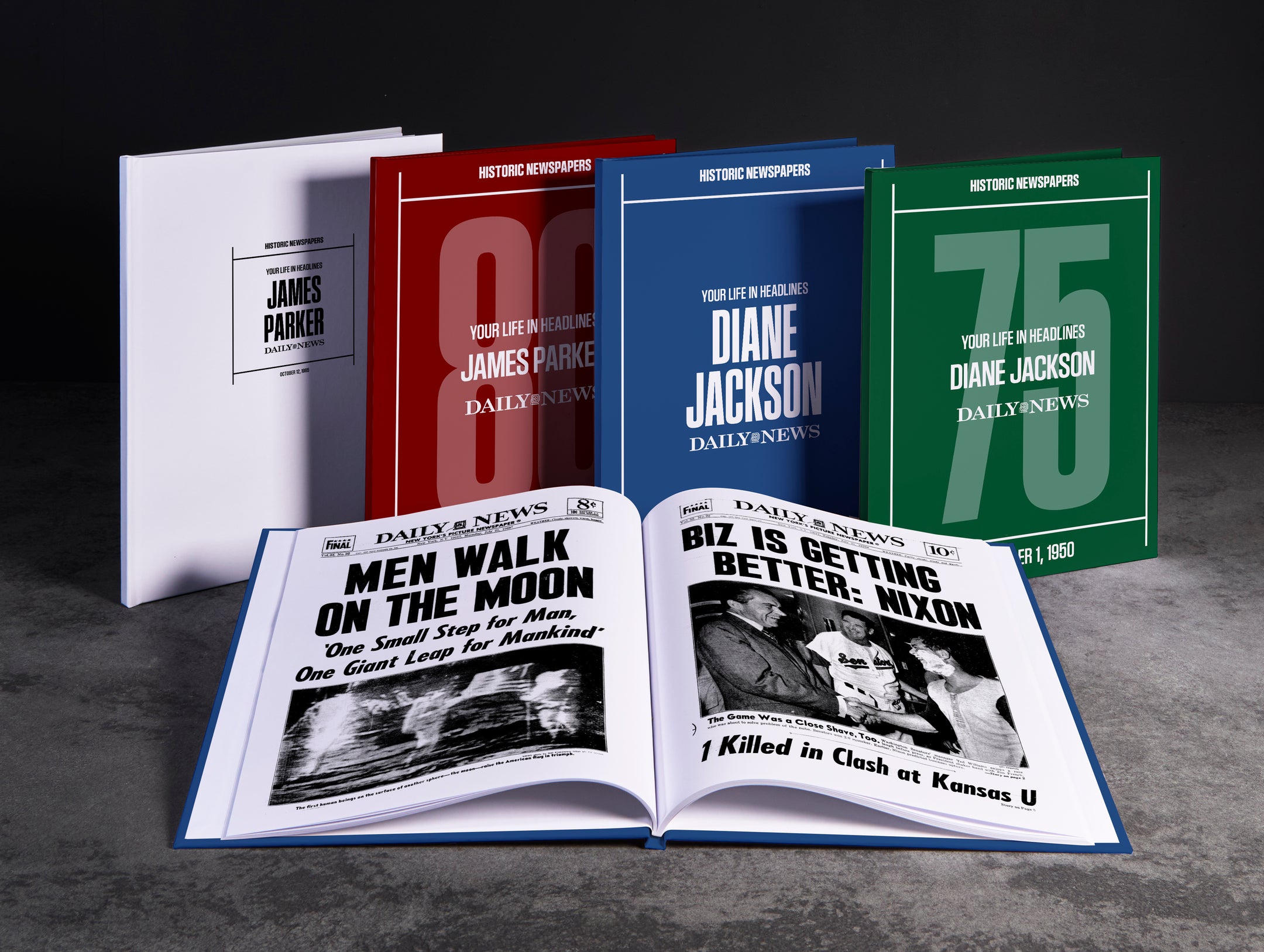
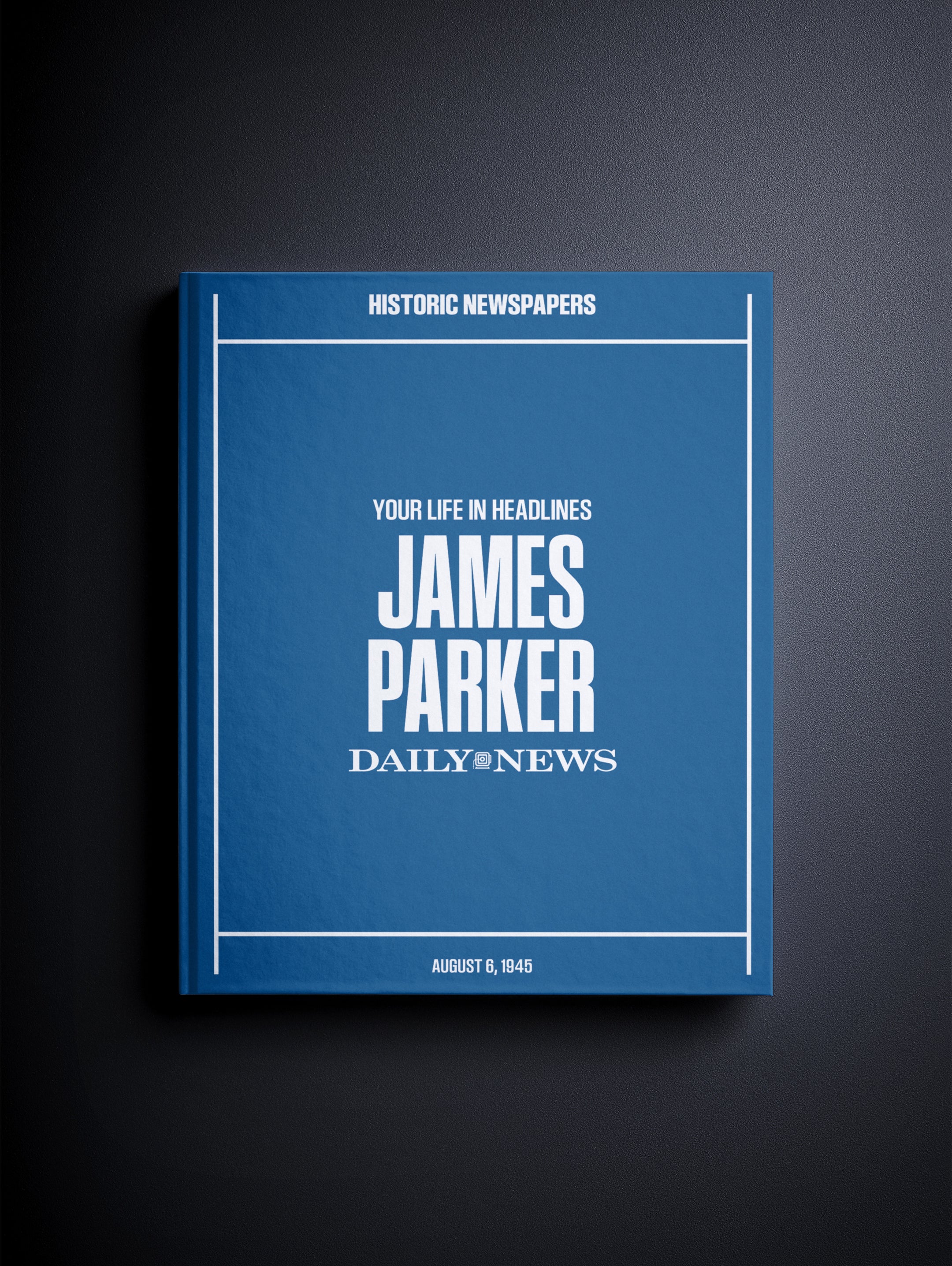
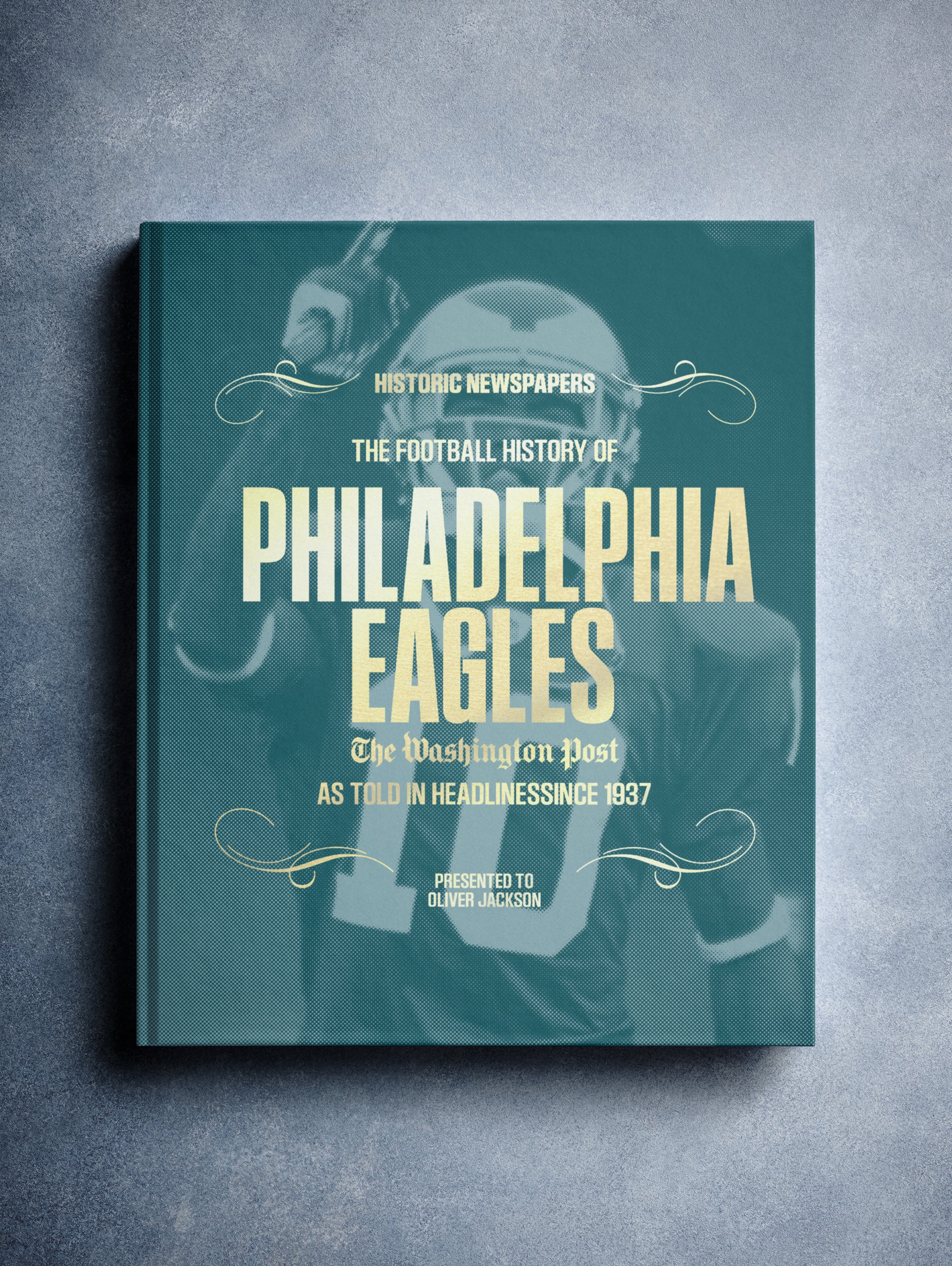

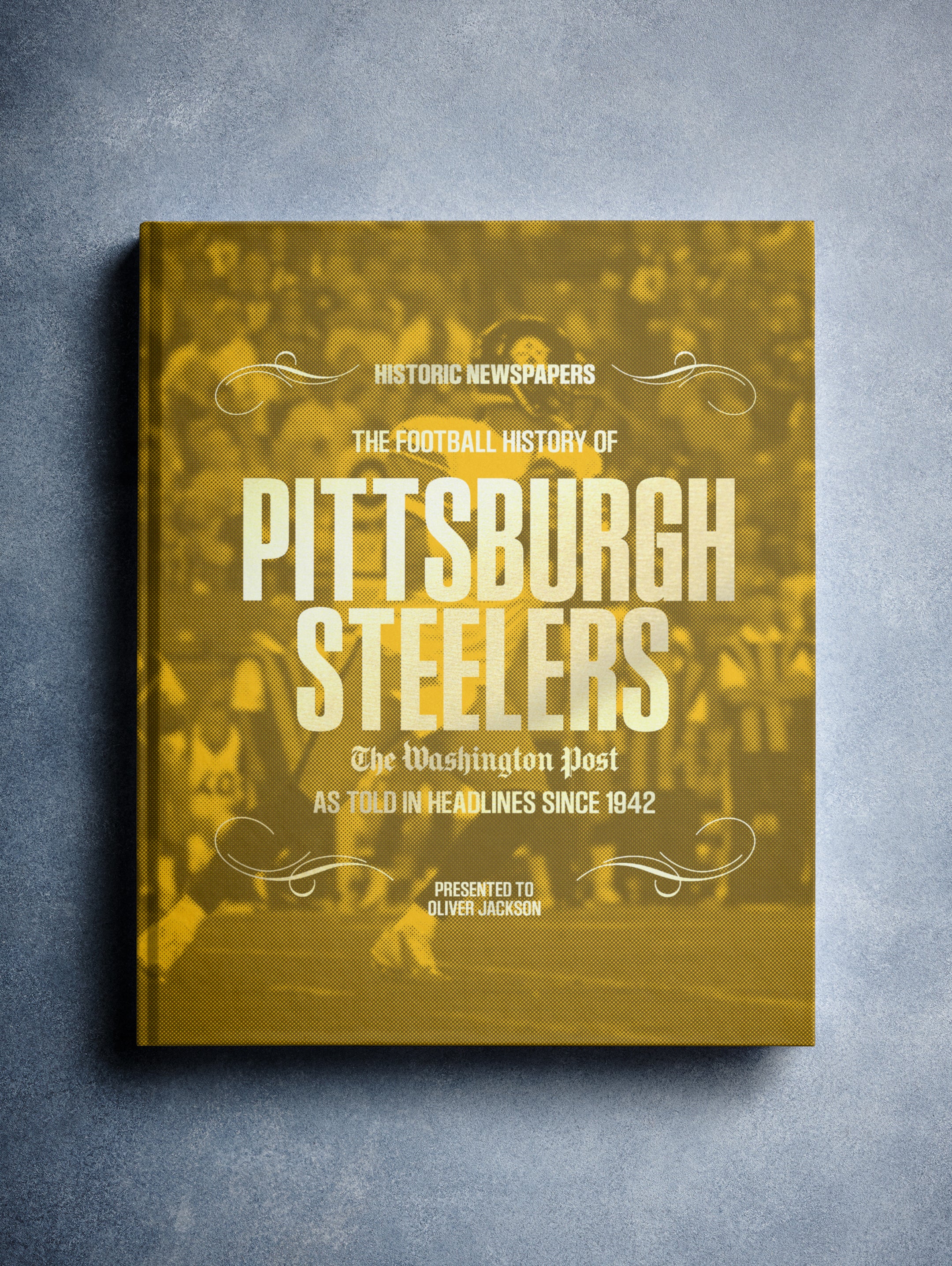



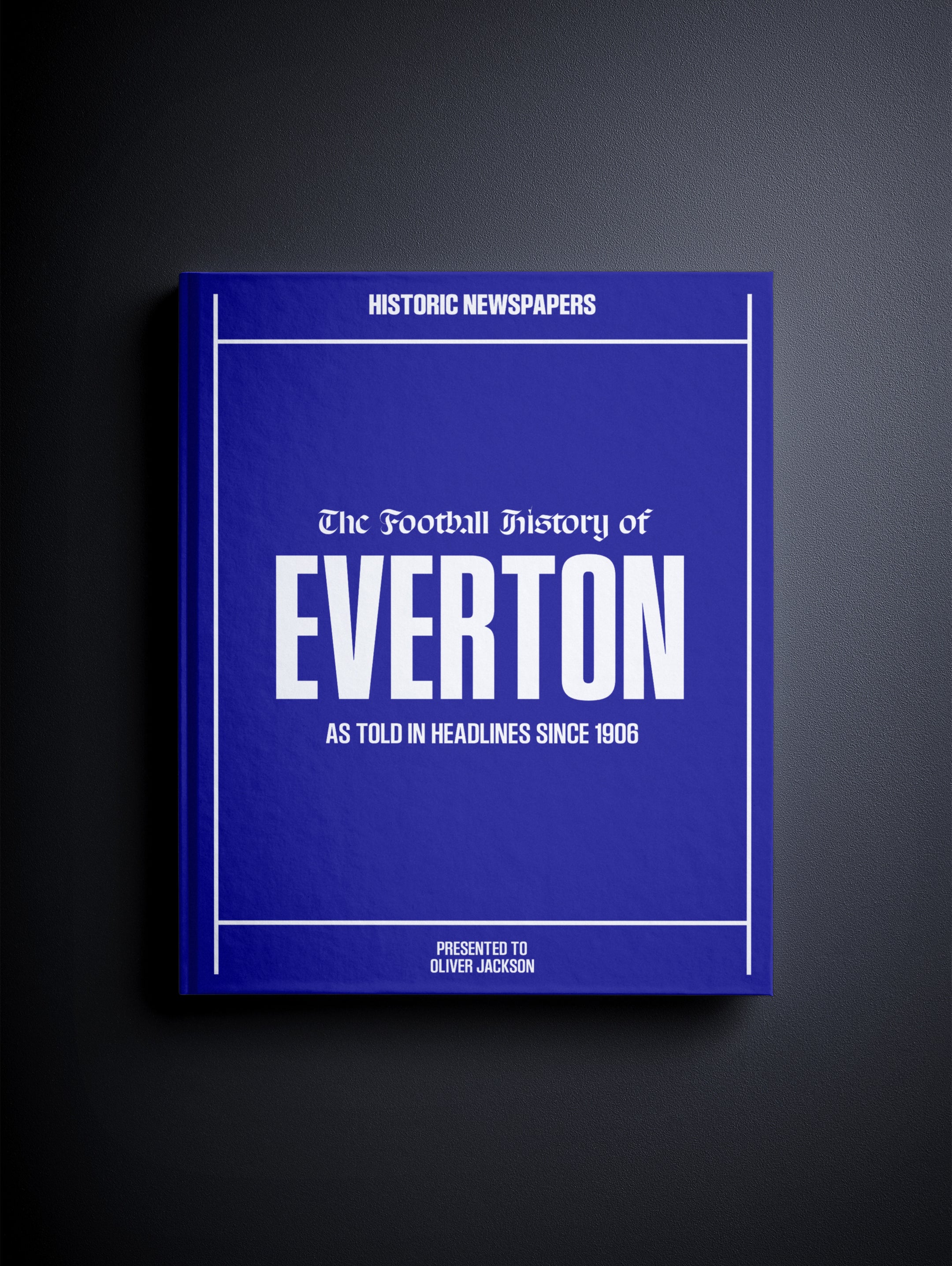
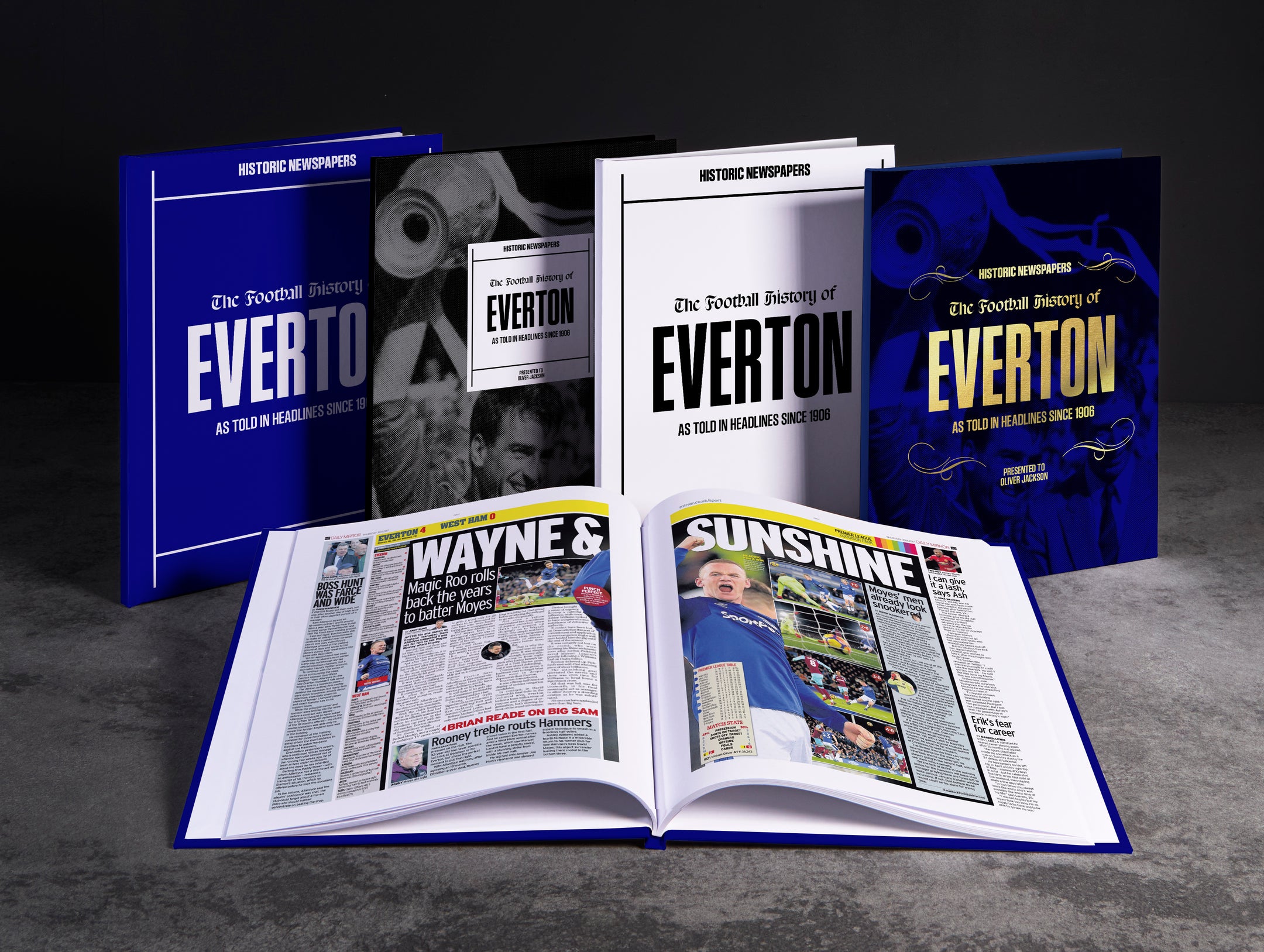
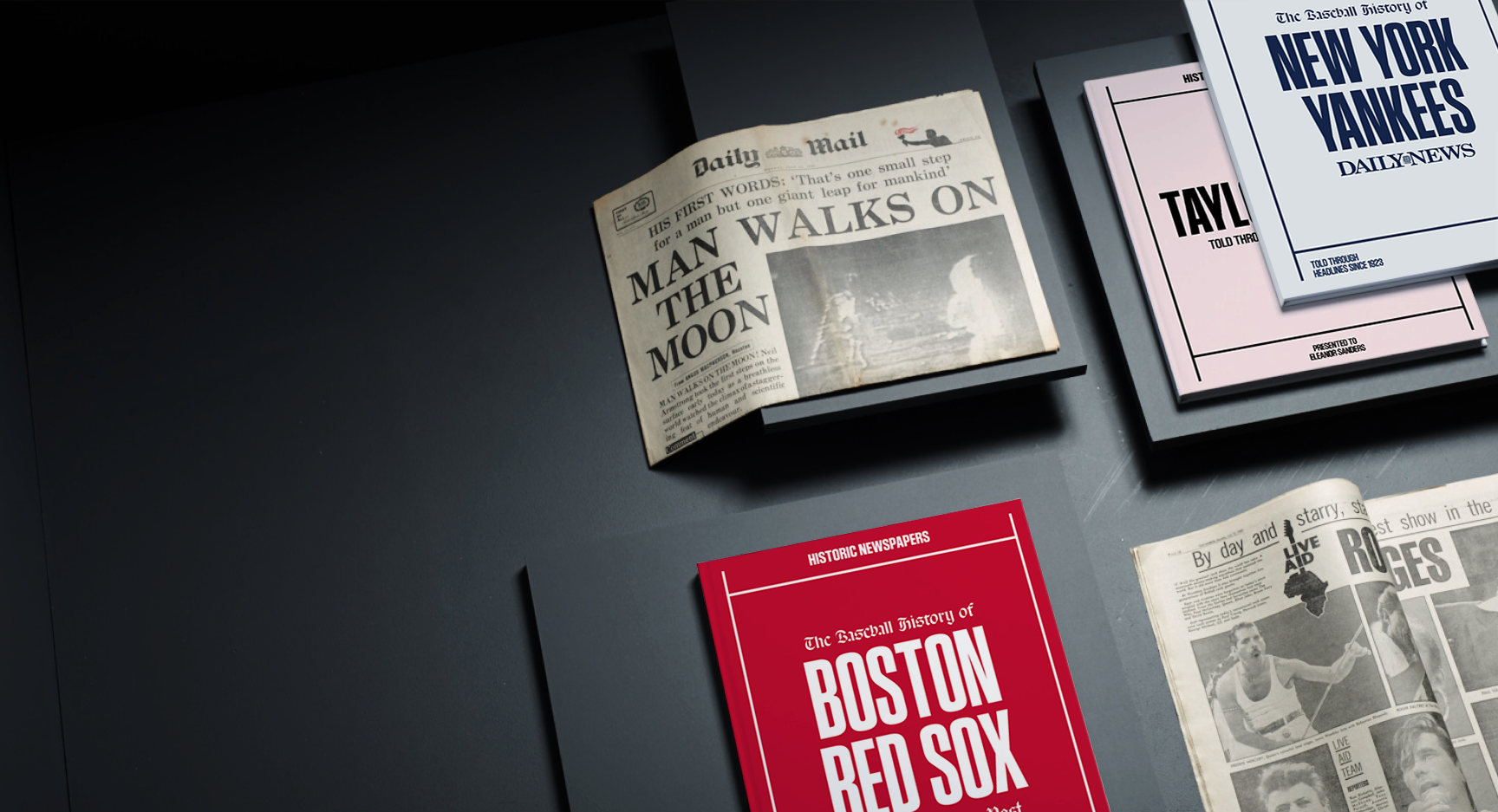
Follow us